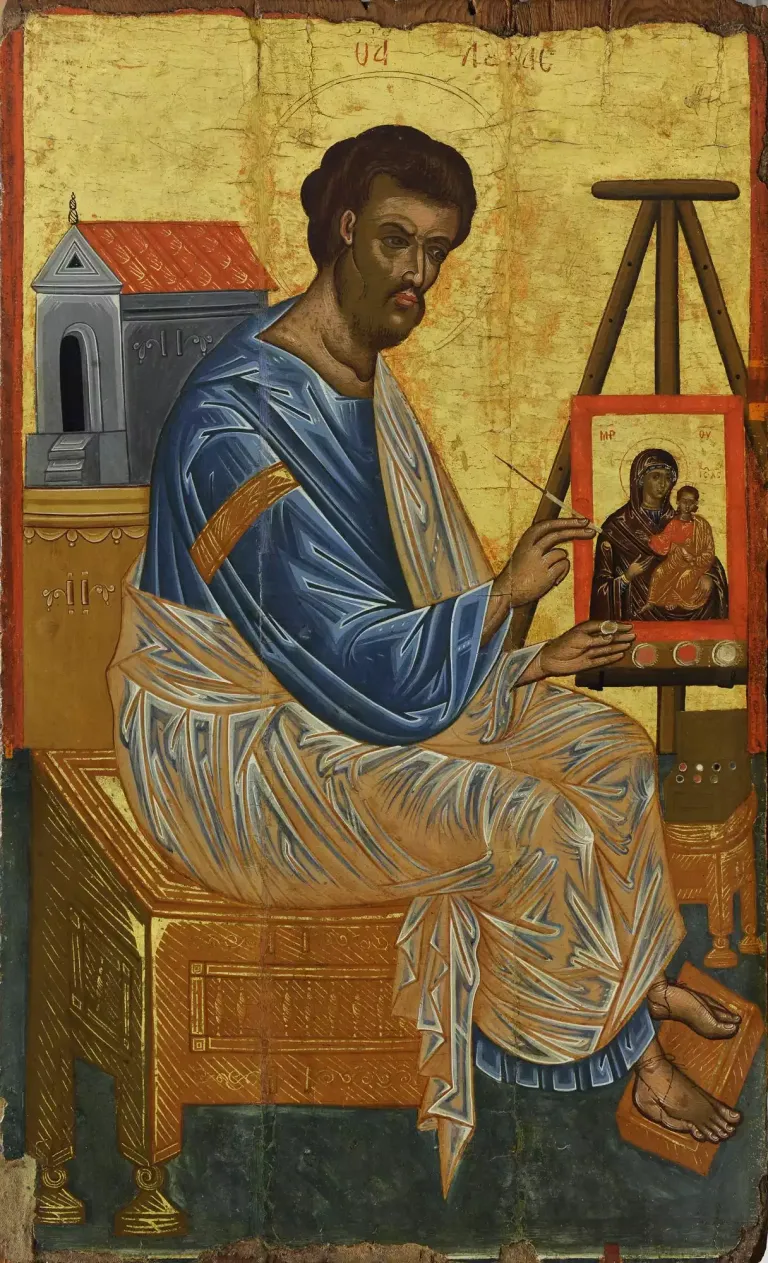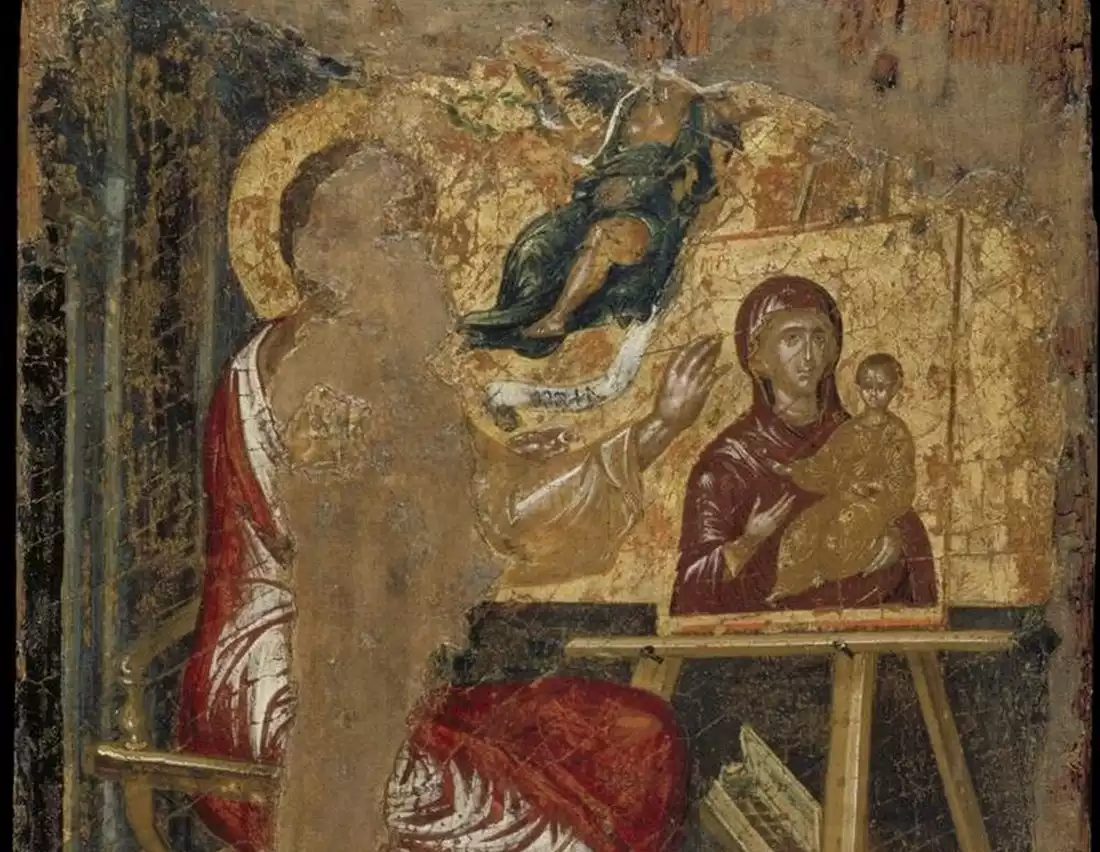
Saint Luke, renowned as the author of the Gospel of Luke and the Acts of the Apostles, holds a pivotal position in early Christian literature. His exact birth and death dates remain uncertain, but his works are widely recognized as key texts in the New Testament. Luke’s Gospel uniquely highlights Christ’s compassion, while the Acts document the early church’s expansion. His contributions provide invaluable insights into the life of Jesus and the growth of Christianity.
Early Life and Background of Luke
Luke’s early life, shrouded in mystery, sparks considerable scholarly debate. Traditionally identified as a Gentile, possibly from Antioch, he emerges as an educated man, proficient in Greek. His profession as a physician, mentioned by Paul in Colossians 4:14, suggests a background of considerable knowledge and skill. This background profoundly influenced his literary style and perspective, evident in his writings. Luke’s detailed approach to narrative and his concern for the marginalized reflect his educated and empathetic nature, distinguishing his Gospel from other synoptic accounts.
Literary Style and Methodology of Luke
Luke’s literary style and methodology distinguish him within New Testament writings. His prologues in both the Gospel and Acts display classical Greek influences, indicating a well-educated author deeply immersed in Hellenistic culture. Luke’s narrative technique is characterized by careful structure, a rich vocabulary, and a focus on historical context. His approach to storytelling, often involving eyewitness accounts and a chronological flow, adds credibility and depth to his writings. Furthermore, Luke’s emphasis on the universality of Christ’s message, coupled with his attention to marginalized groups, underlines his unique perspective on the Christian message. His works reflect not just historical accounts but a theological interpretation of events, shaping early Christian understanding and theology.

Theological Themes in Luke’s Gospel
Luke’s Gospel is notable for its emphasis on themes such as compassion, prayer, and the role of women. He portrays Jesus as a figure of universal salvation, emphasizing His concern for the poor, the outcast, and sinners. Luke’s unique parables, like the Good Samaritan and the Prodigal Son, underscore themes of forgiveness and love. His theological perspective is inclusive, highlighting the breaking of societal barriers and the extension of God’s grace to all, including Gentiles.
Impact of Luke on Early Christianity
The Acts of the Apostles, also authored by Luke, serves as a crucial link between the Gospels and the epistles, detailing the spread of Christianity from Jerusalem to Rome. Luke’s account of the early church’s growth, the missionary journeys of Paul, and the integration of Gentiles into the Christian community, greatly influenced the development and understanding of early Christian theology and practice. His writings not only provide historical insights but also offer a framework for Christian mission and community life in diverse cultural settings.
Saint Luke’s Byzantine icon, displayed in Patra, Greece.
Saint Luke’s contributions as a writer, theologian, and historian are foundational to Christian history and doctrine. His works offer a unique perspective on Jesus’ life and teachings and the early church’s evolution. Through his writings, Luke has continued to impact Christian thought and practice for centuries.
Feast Day: October 18
Patron Saint of: Physicians, Surgeons, Artists
References
- Church of England. “Collects, Epistles, and Gospels.” Church of England. Accessed December 28, 2023.
- Diocese of Salford. “Introduction to St. Luke.” Diocese of Salford. Accessed December 28, 2023.
- Fitzmyer, Joseph A. “The Gospel According to Luke I-IX.” Anchor Yale Bible Commentaries, Yale University Press, 1981.
- St. Luke Lakewood. “Getting to Know St. Luke the Evangelist.” St. Luke Lakewood. Accessed December 28, 2023.
